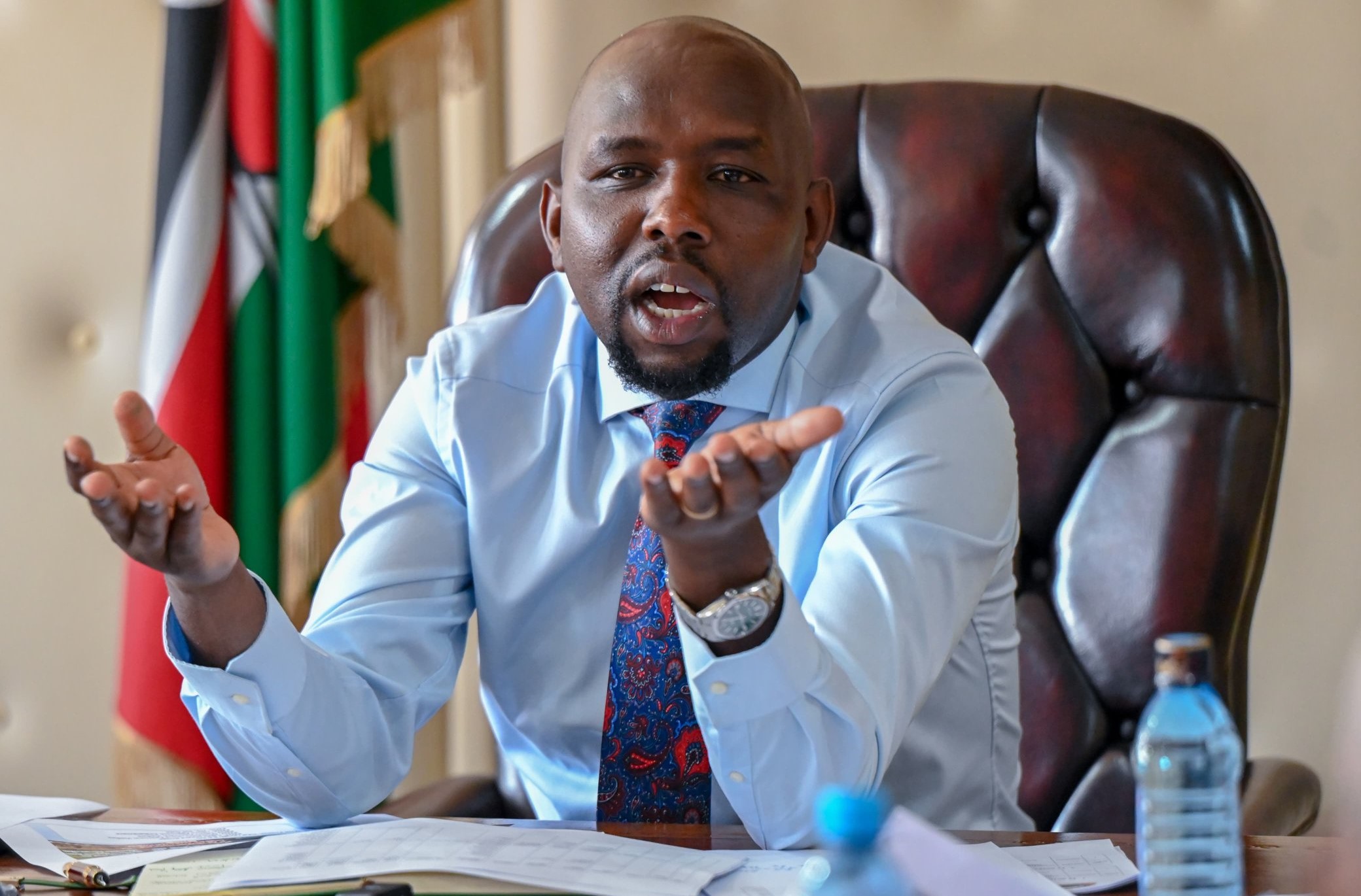In a somber admission that has shaken the nation, Kipchumba Murkomen, Interior and National Administration Cabinet Secretary has acknowledged the government’s failure to detect and prevent the Shakahola massacre. This tragedy claimed more than 500 lives.
Speaking in Kilifi last week, the Cabinet Secretary expressed deep regret that the incident, fueled by religious extremism and radicalization, unfolded under the government’s watch. “Whether this was an act of omission or commission by our security officers between 2020 and 2021, the truth must come to light,” Murkomen stated. “Those responsible will face prosecution, and the evidence will direct the process,” he pledged.
Despite receiving intelligence about suspicious activities in Shakahola, authorities delayed their response with tragic consequences. Murkomen lamented the missed opportunity, saying, “Governments bear ongoing responsibility, and it is regrettable that an official in authority received intelligence and failed to act on it.”
The failure extended beyond security forces. Murkomen urged residents to raise alarms, citing the civic duty of good neighbours. Yet, despite this shared responsibility, no one alerted authorities in time to avert the horrific deaths that followed.
As the government grapples with unanswered questions, the painful process of identifying victims drags on. Murkomen disclosed that the investigation faces delays, partly because affected families have not provided DNA samples needed for identification. “We are committed to expediting the investigation,” he said, emphasizing the need for cooperation to deliver justice and closure to bereaved families.
Beyond the tragedy, Murkomen highlighted financial constraints hampering the investigation. Limited resources have slowed progress, but he assured the public that the government is seeking a one-off budget to conclude the probe within three to four months. This plan includes establishing a memorial for unidentified victims found in shallow graves within Shakahola forest, part of Chakama Ranch.
While addressing the massacre’s aftermath, the government confronts broader challenges in the region, including substance abuse, land theft, and widespread corruption in public offices, which foster an atmosphere of lawlessness. Murkomen condemned the rampant land grabbing in Kilifi, labelling it a “security threat” and accusing officials in the Ministries of Land and Interior, as well as the Judiciary, of complicity. “This cannot continue as business as usual,” he warned, vowing to escalate the issue and hold those responsible accountable.
During his ongoing tour of the Coast region, Murkomen has promised to confront these challenges directly, pledging further consultations with local leaders, the Judiciary, and security officials. Yet, the delayed response to Shakahola raises a pressing question: when will the government’s commitments translate into tangible action?
This tragic chain of events has forced the nation to confront the stark reality of government oversight. As authorities pledge to tackle the issues in Kilifi and beyond, it remains uncertain whether these promises will suffice to heal the deep wounds left by the Shakahola massacre.




